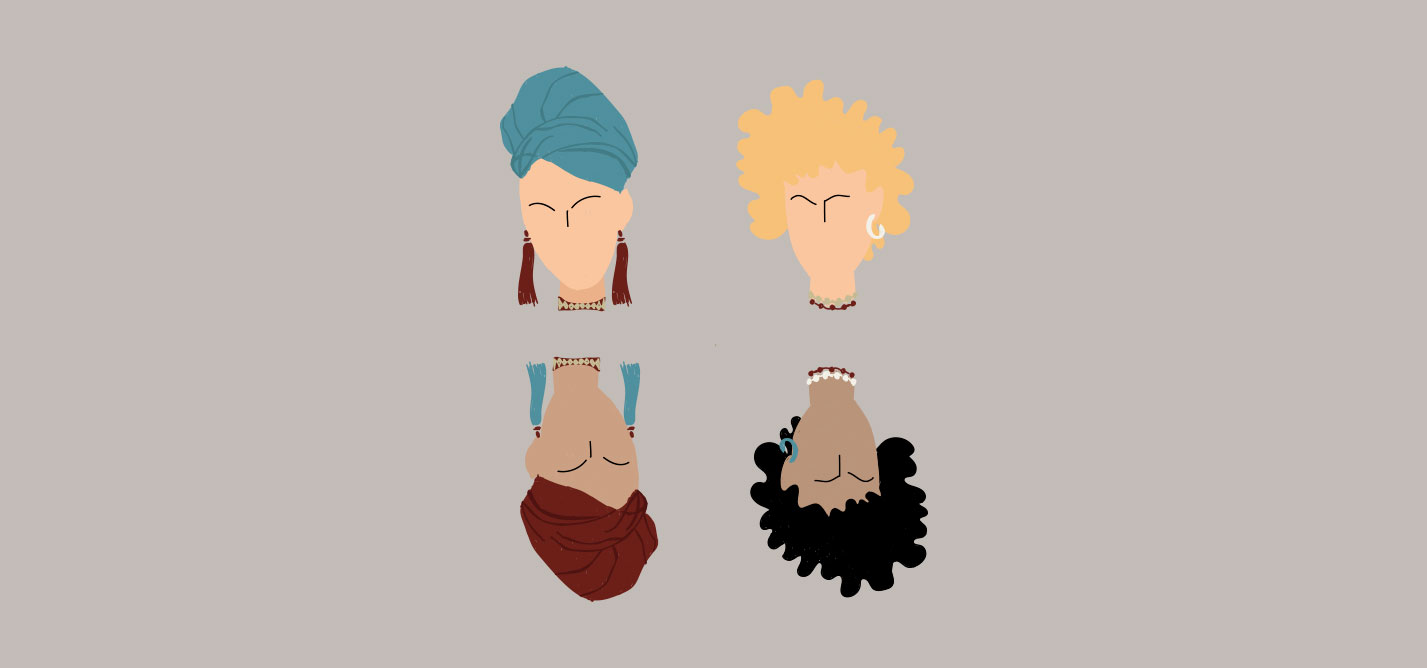
Cultural appropriation, but make it fashion
How ethnic Albanians are appropriating cultures in the music industry.
Përdorimi i muzikës së një kulture të cilën vazhdojmë ta shtypim edhe sot, në përpjekje për t’u dukur “cool”, “interesantë”, e çkado tjetër, nuk është hiç në rregull.
Sot shohim gjithnjë më shumë artistë shqiptarë etnikë dhe njerëz “të rëndomtë” që i përvetësojnë frizurat e zezakëve me zero njohuri për historinë e frizurave të ndryshme që i përvetësojnë.
Nuk është në rregull të përdorësh produkte për ta nxirë lëkurën deri në atë pikë sa të dukesh që i përket dy racave.

Kosovare Duraku
Kosovare Duraku has previously interned for a human rights organization in Sydney, Australia and has also worked for the International Debate Education Association in Utrecht, Netherlands. She holds an LLM in Global Criminal Law from the University of Groningen where she wrote her thesis on Australia’s immigration policies and she is currently finishing up her second LLM in International Human Rights law at the same university.
This story was originally written in English.